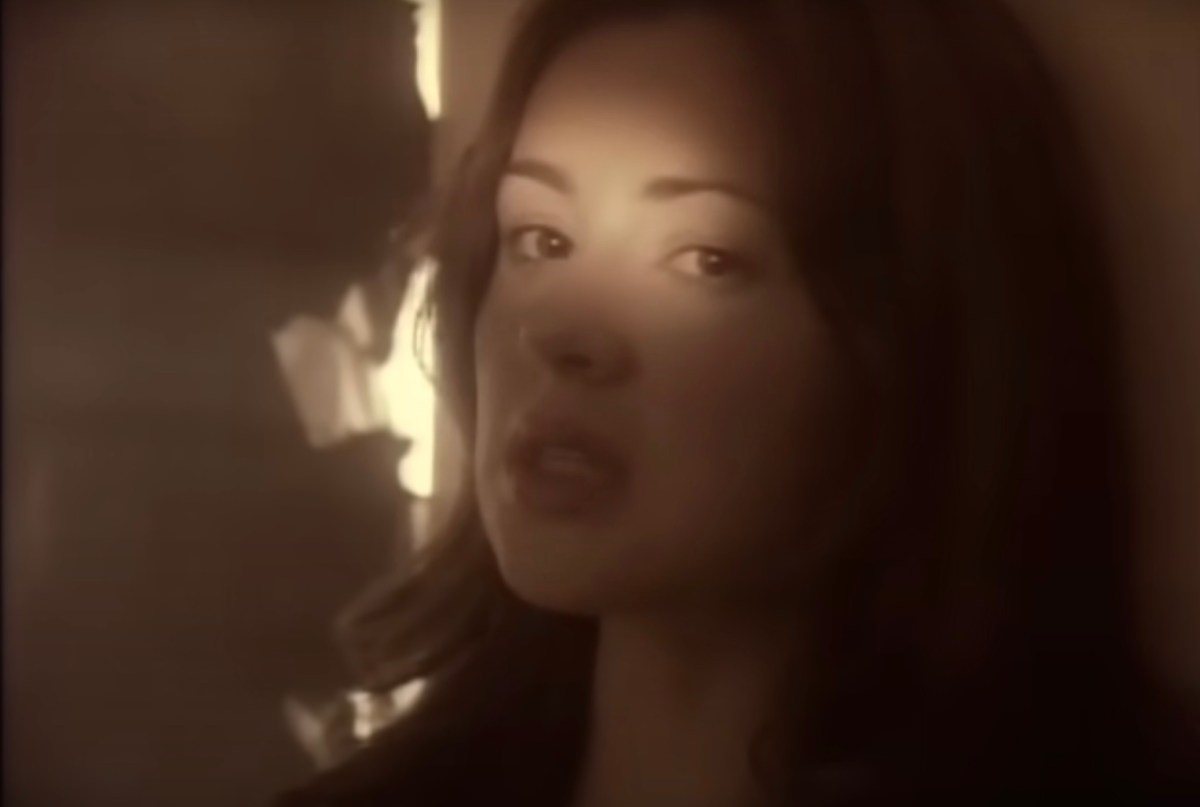The National Film and Sound Archive (NFSA) has announced its annual capsule of 10 iconic audio moments – standout recordings that ‘capture our national soundtrack’ and deserve special attention within the collection.
Established in 2007, and selected by a panel of audio experts, the Sounds of Australia capsule honours recordings that have resonated deeply with communities and audiences.
For 2024, the sounds selected include Tina Arena’s soulful 1994 ballad ‘Chains’, the unforgettable electronic Dr Who theme, composed by Australian composer Ron Grainer, and Nova Peris’ 2013 maiden parliamentary speech, where she made history as the first Aboriginal woman elected to Federal Parliament. There’s also the Talking Clock and the call of an extinct microbat.
NFSA’s 10 Sounds of Australia 2024
Dr Who theme, 1963
With its pulsing bassline, one of the most iconic television scores of all time was written by Australian composer Ron Grainer. First recorded in 1963 (by English musician Delia Derbyshire) and believed to be the first electronic music theme for television, Grainer’s melody has remained the same and is still in use to this day. Listen here.
Nova Peris’ Parliamentary Speech, 2013
In 1996, Nova Peris became the first Aboriginal or Torres Strait Islander to win a gold medal at Olympics, as part of the women’s field hockey team. In 2013, she became the first Aboriginal woman elected to the Federal Parliament. In her maiden speech, Peris spoke passionately about the struggles of her people and declared she would give up her accolades ‘in a heartbeat’ to see First Nations Australians free, healthy, and able to fully participate in the nation’s destiny. Watch the speech here.
Screenhub: Dementia-friendly screenings: NFSA leads the way
Tina Arena’s ‘Chains’, 1994
The lead single from her second solo studio album Don’t Ask, ‘Chains’ was a career-defining moment for the Italian Australian singer upon its release in August 1994. It was also one of the first songs the young pop star ever wrote. It peaked at No. 4 in the Australian charts but was also an international breakthrough and remains one of the singer’s most popular hits.
Speaking Clock, 1954
Before internet-connected devices kept us on schedule, how did Australians check the time? By calling the Speaking Clock, accessed by the old-fashioned telephone!
‘Kickin’ to the Undersound’ (1992) by Sound Unlimited
‘Kickin’ to the Undersound’ (1992) by Sound Unlimited was the first Australian hip hop song to reach the Top 20 in the Australian charts. Group members included brother and sister Rosano (El Assassin) and Tina Martinez, MC Kode Blue and Vlad DJ BTL. The lyrics draw on the group’s Western Sydney roots and Spanish, Filipino and Russian heritage.
Earliest 2EA broadcasts (1975): SBS Radio
The earliest in-language broadcasts by 2EA (then SBS Radio, now SBS Audio), including Arabic, Greek, Italian, Maltese, Spanish, and Yugoslav programs, represents the birth of multilingual and multicultural broadcasting on Australian radio.
Jimmie Barker collections (1968–1972): Jimmie Barker
Murawari man Jimmie Barker was the first known First Nations Australian to use recorded sound as a tool to preserve and document Aboriginal culture. His pioneering work produced over 100 hours of audio recordings, which are now preserved by the Australian Institute of Aboriginal and Torres Strait Islander Studies.
Last call of the Christmas Island Pipistrelle (2009)
Have you heard of the Christmas Island Pipistrelle? This tiny microbat, weighing only three grams and scientifically named Pipistrellus murrayi, was once found exclusively on Christmas Island. Unfortunately, it was declared extinct in 2017, but its voice can still be heard here in the NFSA collection.
Victoria Bitter advertisements (1968): John Meillon (voice-over), George Patterson (agency)
The ‘Big cold beer’ Victoria Bitter advertisements for Carlton & United Breweries, voiced by Australian actor John Meillon (The Cars That Ate Paris, Crocodile Dundee), are arguably Australia’s most iconic beer commercials.
Women’s Status in the United Nations Charter (1945): Jessie Street
Jessie Street was a leading Australian feminist campaigner and the only female Australian delegate to the founding of the United Nations in San Francisco in 1945. Street and the Australian Women’s Charter Committee successfully argued to to enshrine in the UN charter the principle of equality of status between women and men – and you can hear her speech here.
For more information on the Sounds of Australia 2024, visit the NFSA.
